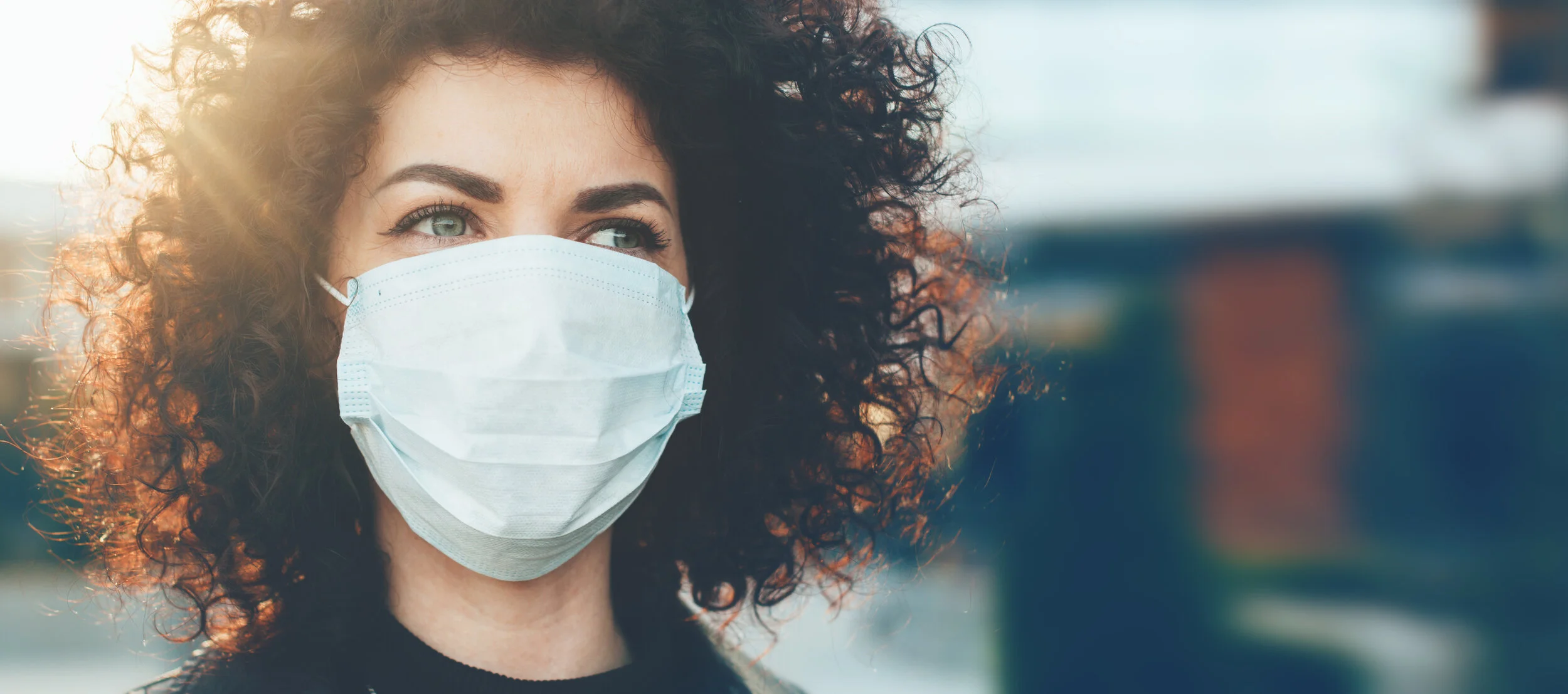By Sarah Shuel
During the COVID-19 Crisis, masks and mask-wearing have become one of the most talked about and sometimes-controversial topics in the news. Many businesses require you to wear a mask upon entry, and many people are making the choice to wear one any time they leave the house. Wearing a mask can sometimes be uncomfortable, but it also blocks one’s nose and mouth, a surprising handicap to communicating with facial expressions.
During the health crisis, I have visited home improvement stores A LOT. It’s safe to say I visited the one near my house almost every day. The weather was beautiful, I have nowhere to go, and I have plenty of home-improvement and garden projects to work on, and I found my outings to the home improvement store a glad reprieve from the four walls of my home under the “Stay-at-Home” mandate. In an effort to facilitate social distancing, the home improvement store made some changes - narrower aisles, one way lanes, and markers denoting proper, six-feet-apart placement in line. It’s a little overwhelming at times, and occasionally, one may find themselves going the wrong way down the one-way aisle or bumping into someone where there’s no space to go around. However, I’ve found myself without half of my face (covered by a mask) to give a polite smile or nod. Masks have unwittingly taken away a very strong part of our body language: the ability to smile and express non-verbal communications with our faces.
How can we adapt to use verbal and non-facial, non-verbal cues instead to get our emotional subtleties across?
Using Your Voice
The fact that we often do not have the ability to use our face for non verbal communications while wearing a mask illuminates how much we rely on subtle body language to communicate with others. When replacing your facial cues with vocal ones, it’s important to think about your words and your tone. Not having use of our smiles makes it essential to speak up when moving past someone in an aisle at a store, holding a door for someone to walk through, or waving someone ahead in single-store-lane traffic. However, words can be misinterpreted without using the correct tone. Your voice can “smile” and communicate your intentions just as well with tone as with words.
Speaking with intention is an important skill to learn even after this mask-wearing period is over. Using intention with words is something that we champion at Future Image Group, as words hold such power to help us achieve a desired goal. Wearing a mask forces us to practice this skill - one we can put to good use for many years to come.
Using Your Hands
While you are using your voice, you can also use the non-verbal communication cues created with your hands to emphasize what you’re saying. For instance, the words “I’m sorry” coming from a masked face mean more when a hand comes to your heart. If you’re telling someone verbally to “go ahead,” they’ll more clearly understand if you gesture with your hand for them to move forward. It’s also important to monitor your overall body language and the non-verbal cues you are giving off with your posture, rigidity, and eye contact.
Eye Contact
Eye contact is one of the most important non-verbal communication methods at all times, especially now, when they are often the only thing visible on your face. Eye Contact can denote rapt listening, happiness, sorrow, and confidence, as well as lend intention to the words that you are speaking. This is another skill that we can practice and hone now, but use for the rest of our lives.
Inserting Some Comedy
In heavy times like these, many situations could benefit from some positivity and comedy. Last weekend, one of my favorite neighborhood haunts opened and I decided to go in for a socially distant meal and some social company. All of the employees were masked, and one made a playful joke, saying, “I promise I’m smiling at you!” This simple statement made us laugh and put us both at ease with the awkwardness of the situation. It’s important to remember that the vast majority of us have never experienced a crisis like this, and adding some levity to the situation can be the most relaxing, most rewarding thing you can do (when it’s appropriate, of course).

